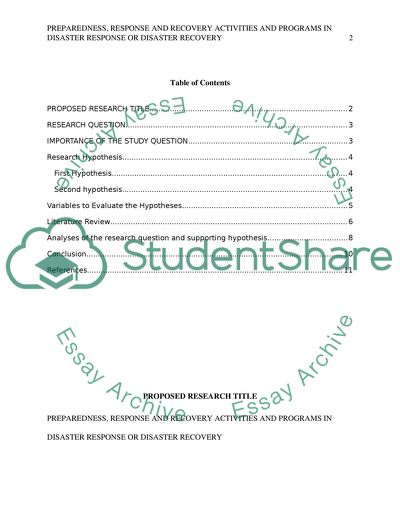Cite this document
(“Homeland security Essay Example | Topics and Well Written Essays - 2250 words”, n.d.)
Retrieved from https://studentshare.org/other/1400141-homeland-security
Retrieved from https://studentshare.org/other/1400141-homeland-security
(Homeland Security Essay Example | Topics and Well Written Essays - 2250 Words)
https://studentshare.org/other/1400141-homeland-security.
https://studentshare.org/other/1400141-homeland-security.
“Homeland Security Essay Example | Topics and Well Written Essays - 2250 Words”, n.d. https://studentshare.org/other/1400141-homeland-security.


